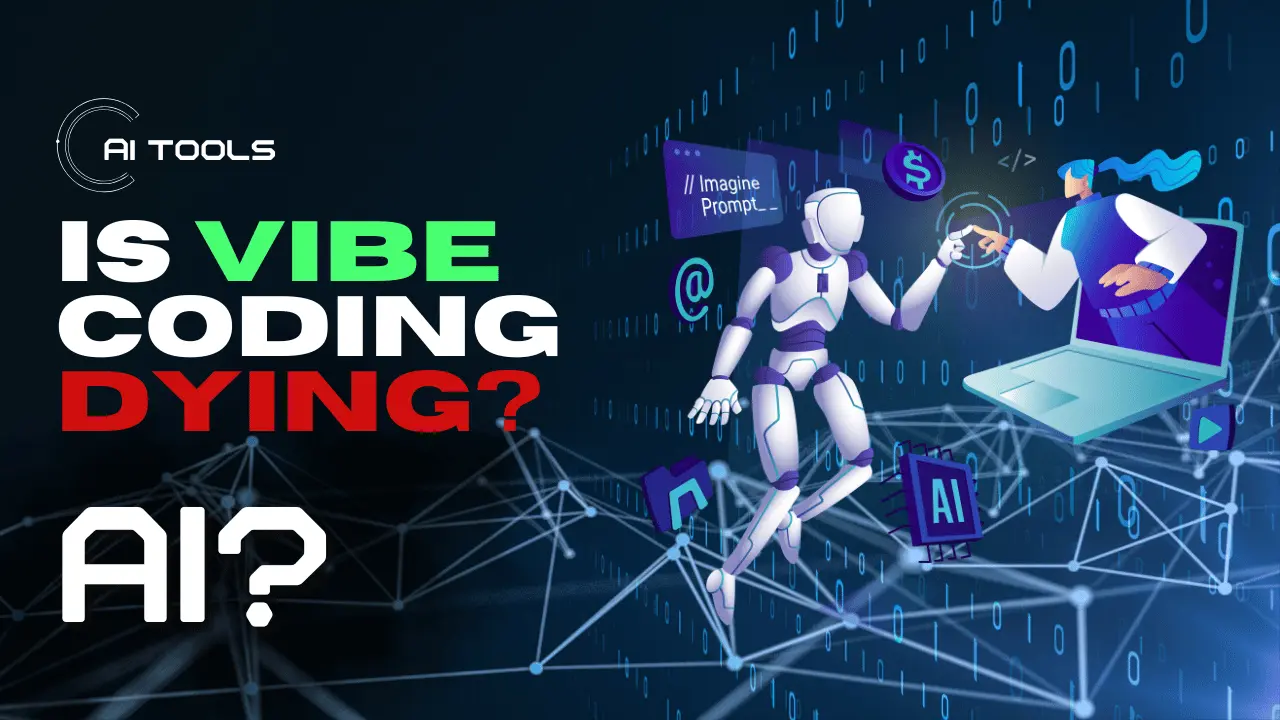Is Vibe Coding Dying?: Why AI Tools Are Now Built for Real Developers
The Illusion of Unlimited: What Went Wrong?
Remember the buzz around AI coding agents? The promise of “vibe coding” – where anyone, regardless of their programming background, could effortlessly conjure up applications with just a few prompts? Well, the enthusiasm is hitting a wall, and a significant shift is underway in the world of AI-powered software development. Recent controversies, particularly involving AI tools like Cursor, reveal a deeper truth: the era of free or dirt-cheap “unlimited” AI coding is rapidly coming to an end.
For a while, companies like Cursor emerged as poster children for AI startups, quickly reaching a $900 million valuation and promising users “unlimited” usage for a mere $20 a month. They leveraged APIs from powerful models like Anthropic’s Claude and OpenAI, allowing users to code with unprecedented ease.
This business model, however, was fundamentally flawed. The reality is that processing tokens for AI inference is incredibly expensive. Cursor thrived initially because many of its users were “vibe coders” – casual users or enterprises buying subscriptions top-down, whose actual usage was low. They were like gym members who pay for a year but rarely show up.
The problem arose when “power users” – experienced programmers – started heavily utilizing these agents. These expert coders know how to write detailed, complex prompts that demand significant computational resources. The cost of AI inference isn’t linear; it increases drastically, in an N-squared manner, with the size of the context window (the amount of information the AI processes). A slightly longer prompt can lead to a disproportionately higher cost.
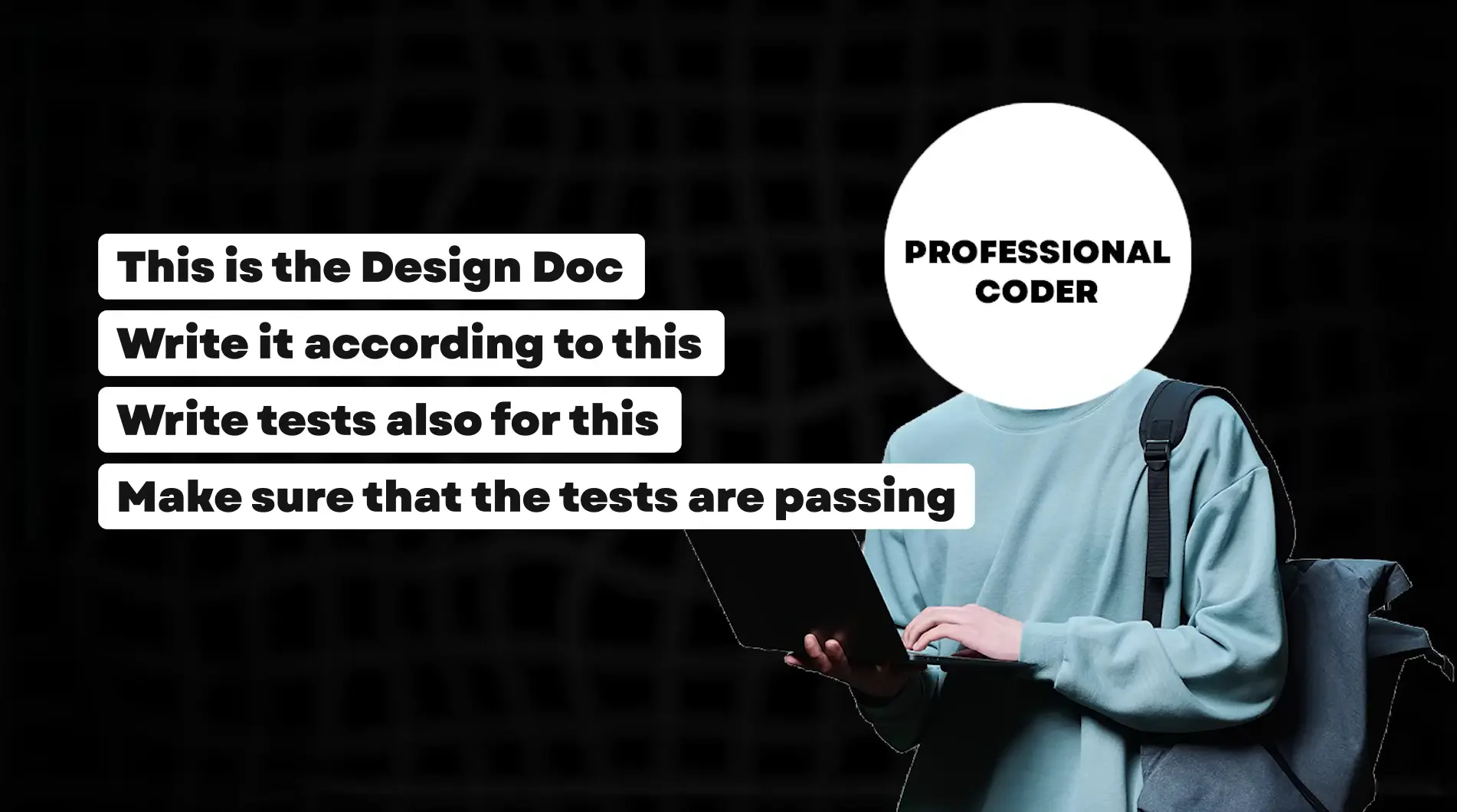
The Harsh Financial Reality of AI Companies
The truth is, many prominent AI companies, including OpenAI, Anthropic (Claude), Grok, and Perplexity, are currently operating at a loss. Their expenditure on salaries, infrastructure, GPUs, and server costs often exceeds their revenue. As the saying goes, “income a penny, expenses a pound”. They simply aren’t making enough from inference to cover their costs.
This financial pressure led to a necessary pivot. Anthropic realized that Cursor was merely a UI built on top of their powerful Claude model. To increase their own revenue, they tightened their pricing terms with Cursor. This immediately forced Cursor to abandon its “unlimited” promise and start charging users based on actual usage, leading to a massive backlash from its user base.
The Great Pricing Reckoning
Cursor wasn’t alone in this realization. Other AI coding agents have also adjusted their pricing:
- Replit, initially offering “unlimited” usage, first shifted to task-based pricing (around $1 per task) and then to differentiated pricing based on task complexity (small, medium, large).
- V0 (Versel) implemented usage-based pricing as early as May, charging per million tokens for input and output. Even small tasks can quickly cost $10-15.
These changes indicate a clear trend: AI companies need to make money, and they’ve learned that free or heavily discounted “unlimited” usage is unsustainable.
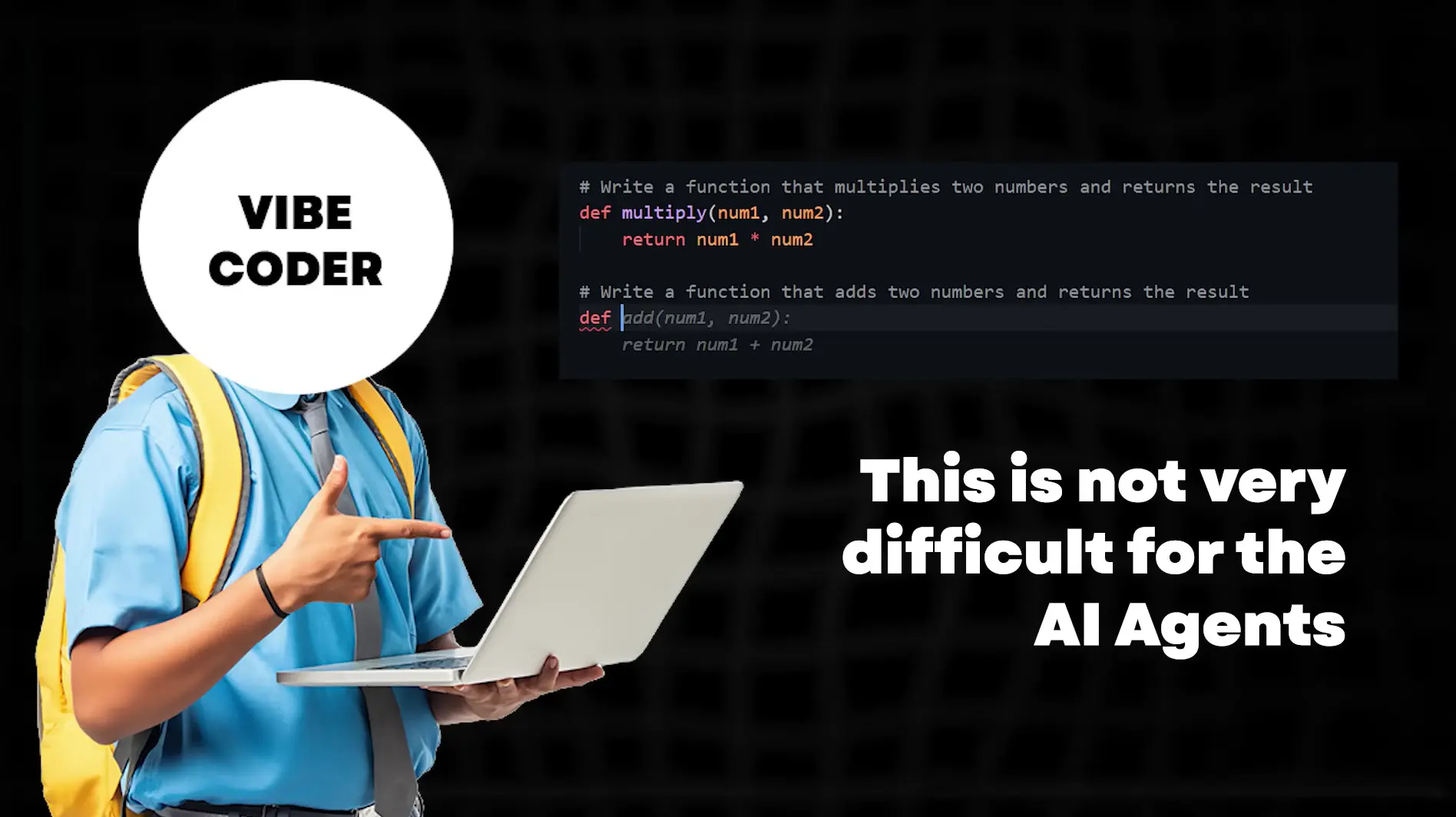
Why "Vibe Coding" is Fading for Non-Coders
The shift in pricing disproportionately impacts “vibe coders” – those with little to no coding knowledge who were drawn in by the promise of easy creation. For them, these agents often become expensive black holes:
- High Costs, Low Returns: Without a deep understanding of programming, non-coders often struggle to get AI agents to produce functional results. They spend money on tokens without achieving their desired outcome, leading to “frustration and long threads on Twitter and Reddit” about wasted effort and deleted code.
- Security Risks: For a non-programmer, giving an AI agent access can lead to disastrous consequences, such as deleting production databases. The “genie” dream turns into a nightmare if you don’t understand the underlying systems.
- Inefficiency and Loss of Time: Vibe coders often find themselves in loops of non-working code, losing days of effort and accumulating large bills.
The general sentiment among AI companies now is that “the business of vibe coding is not going to work out”.
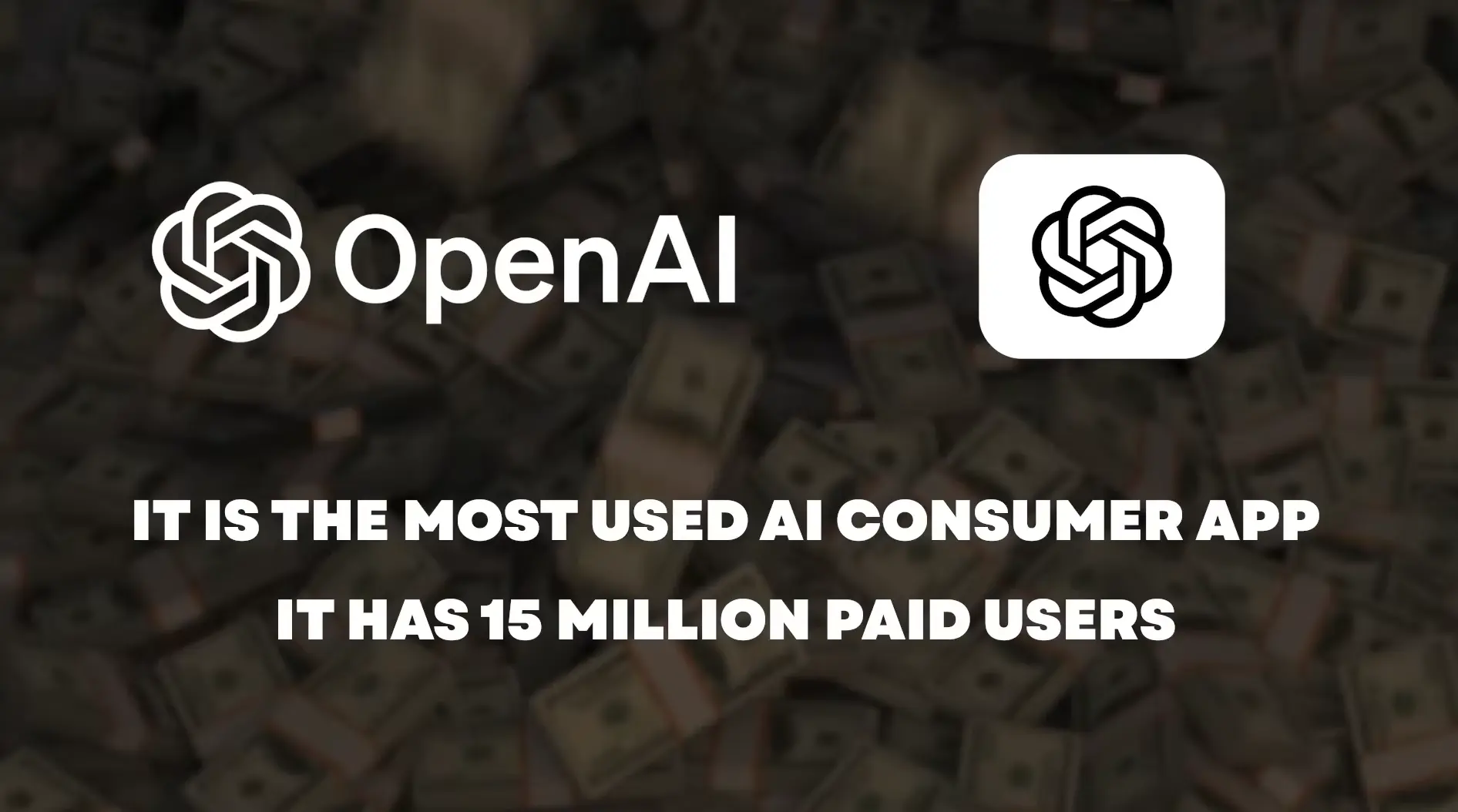
The New Dawn: AI as a Developer's Productivity Ally
Instead of replacing developers, AI is increasingly seen as a powerful productivity booster for skilled software engineers. The industry is recognizing that software engineering is far more than just “code generation”. It involves:
- Thinking and Understanding: What needs to be built?
- Design and Architecture: How will it connect?
- Structured Development: Writing design documents, engineering specifications, task plans, and ensuring passing criteria.
This understanding is driving new developments from major tech players:
- Anthropic’s Claude Code: Recognizing that professional developers prefer working in the terminal, Anthropic released its own Terminal UI (TUI) for Claude Code, offering a seamless experience directly to expert users. Google followed suit with its Gemini CLI. These moves effectively cut out the “middleman” UIs, catering directly to the developer workflow.
- Amazon’s Amplify Gen AI (Amazon Q Developer): Amazon released a tool that fundamentally understands and supports structured software development. It guides developers through the entire process, from defining what to build to writing design docs, code snippets, and managing tasks with passing criteria. This reflects how large, well-run companies approach software engineering.
These developments underscore a critical realization: the real money is in making developers 10-20% more productive, not in selling a false dream of effortless coding to non-programmers.
The trend is clear: the focus is shifting from catering to casual “vibe coders” to empowering professional developers with sophisticated AI tools that enhance their existing workflows and increase their output.
Analogy: Think of it like a gourmet kitchen versus a microwave. “Vibe coding” was like someone expecting to cook a five-star meal by just pressing buttons on a microwave. While a microwave can heat things up quickly (generate simple code), it can’t create a complex, nuanced dish from scratch. Professional chefs (developers) use high-end kitchen equipment (AI tools like Claude Code, Gemini CLI, Amazon Q Developer) that are integrated into their specialized cooking process, enhancing their skills to create truly complex and robust meals (software applications). The microwave is cheap and accessible, but the gourmet kitchen, while requiring skill and investment, delivers superior, sustainable results.
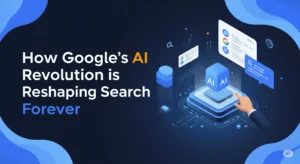
AI Revolution: How Google’s AI is Reshaping Search Forever
AI Revolution: How Google’s AI is Reshaping Search Forever Remember the days of endless scrolling and clicking through pages of search results to find what you needed? That era is
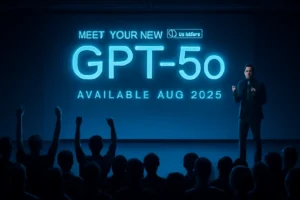
GPT-5 & The New AI Agent Era
GPT-5 & The New AI Agent Era Get ready to completely rethink how you navigate the internet! OpenAI is on the cusp of launching GPT-5, a foundational model poised to
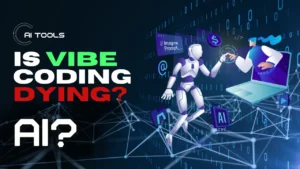
Is Vibe Coding Dying?: Why AI Tools Are Now Built for Real Developers
Is Vibe Coding Dying?: Why AI Tools Are Now Built for Real Developers The Illusion of Unlimited: What Went Wrong? Remember the buzz around AI coding agents? The promise of

